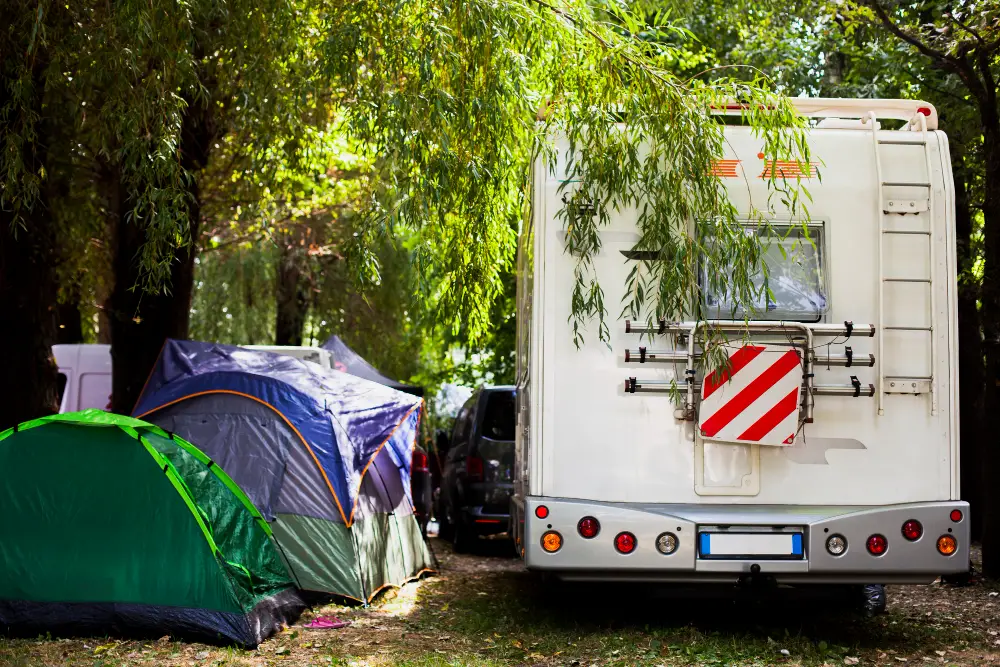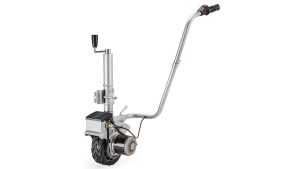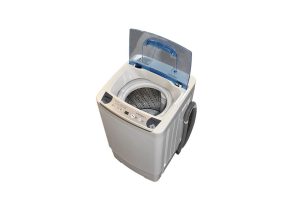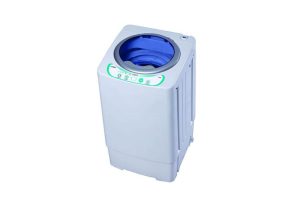A caravan battery is an essential component of a caravan’s electrical system. It provides power for lighting, water pumps, refrigerators, and other appliances while off-grid. However, like any other battery, a caravan battery has a limited lifespan. In this article, we will discuss how long a caravan battery lasts and what factors affect its lifespan.
Introduction
A caravan battery is a type of deep cycle battery that is designed to deliver a consistent and steady flow of power over a long period. It is different from a car battery that is designed to deliver a quick burst of power to start the engine. Caravan batteries are available in two main types: lead-acid and lithium-ion.
Types of Caravan Batteries
Lead-acid battery
The lead-acid battery is the most common type of caravan battery. It consists of lead plates submerged in an electrolyte solution of sulfuric acid and water. Lead-acid batteries are further classified into two categories: sealed lead-acid and flooded lead-acid.
Sealed lead-acid battery
A sealed lead-acid battery, also known as a maintenance-free battery, is a type of battery that does not require any maintenance. It is sealed to prevent the electrolyte from leaking or spilling. Sealed lead-acid batteries have a longer lifespan than flooded lead-acid batteries.
Flooded lead-acid battery
A flooded lead-acid battery is a type of battery that requires periodic maintenance. It has removable caps that allow for the addition of water to the electrolyte. Flooded lead-acid batteries are more affordable than sealed lead-acid batteries but have a shorter lifespan.
Lithium-ion battery
A lithium-ion battery is a type of rechargeable battery that uses lithium ions as the primary material. It is a newer technology than lead-acid batteries and is more expensive. However, lithium-ion batteries are more lightweight and have a longer lifespan than lead-acid batteries.
Factors Affecting the Lifespan of Caravan Batteries
Several factors can affect the lifespan of a caravan battery. These include battery usage, temperature, maintenance, and charging.
Battery usage
The lifespan of a caravan battery depends on how often it is used and how deeply it is discharged. The deeper the discharge, the shorter the battery life. It is recommended to discharge a battery to no more than 50% of its capacity to extend its lifespan.
Temperature
Temperature also affects the lifespan of a caravan battery. Extreme temperatures, whether hot or cold, can cause the battery to degrade faster. It is best to store the battery in a cool, dry place to extend its lifespan.
Maintenance
Regular maintenance is necessary to extend the lifespan of a caravan battery. This includes keeping the battery clean, checking the water level in flooded lead-acid batteries, and ensuring the battery is charged correctly.
Charging
The way a battery is charged can also affect its lifespan. Overcharging or undercharging a battery can cause damage and shorten its life. It is important to use the correct charger and follow the manufacturer’s recommendations for charging.
How Long Does a Caravan Battery Last?
The lifespan of a caravan battery depends on several factors, including the type of battery, usage, maintenance, and charging. Generally, a lead-acid battery can last between 3-5 years, while a lithium-ion battery can last up to 10 years.
Lead-acid battery
A sealed lead-acid battery can last between 4-6 years with proper maintenance, while a flooded lead-acid battery can last between 3-5 years. However, the lifespan of a lead-acid battery can be significantly reduced if it is not used or charged correctly.
Lithium-ion battery
A lithium-ion battery can last up to 10 years with proper maintenance and usage. However, the initial cost of a lithium-ion battery is higher than a lead-acid battery.
Tips to Extend the Life of a Caravan Battery
To extend the lifespan of a caravan battery, proper maintenance and usage are necessary. Here are some tips to help extend the life of your caravan battery:
Proper storage
Store the battery in a cool, dry place away from direct sunlight and extreme temperatures. This can help prevent the battery from degrading faster.
Regular maintenance
Regularly check the water level in flooded lead-acid batteries and keep the battery clean. Also, make sure the battery is fully charged before storing it for an extended period.
Monitoring battery usage
Avoid deep cycling the battery, and don’t leave it discharged for an extended period. Use a battery monitor to keep track of the battery’s charge level and avoid overcharging or undercharging.
Conclusion
A caravan battery is an essential component of a caravan’s electrical system, providing power for appliances and lighting while off-grid. The lifespan of a caravan battery depends on several factors, including battery usage, temperature, maintenance, and charging. By following the tips mentioned in this article, you can help extend the lifespan of your caravan battery and ensure reliable power while on the road.







